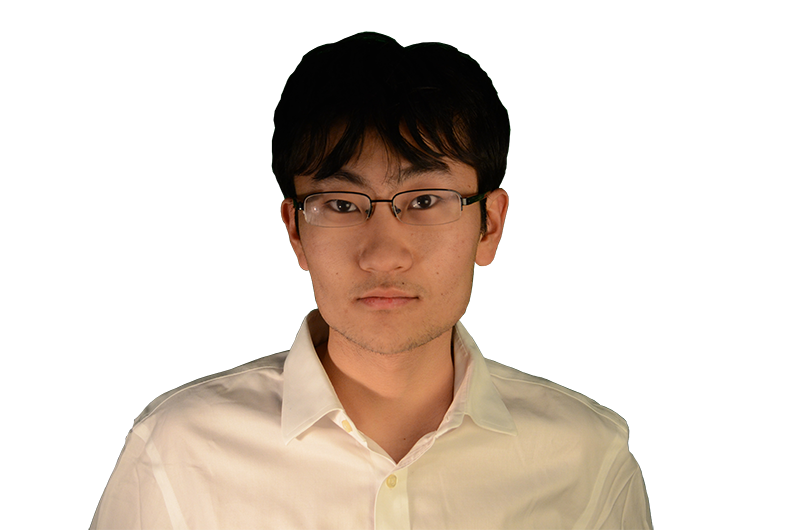Cui: The power of humanist thinking
March 4, 2014
Ta-Nehisi Coates stepped to the Northwestern podium last Thursday. Although Coates is an editor for “The Atlantic,” he is better known for his blog and his writings on race in America. The seats were filled in Annie May Swift Hall, packed by students from all over, and even a few radical Evanstonians. He was introduced as a person who “emerged (from college) with a purpose, if not a degree,” saying that “(he) spent more time in the library than in classes; not a bad thing for a writer” — the crowd was rapt.
Coates is, in many ways, the ideal humanities scholar — a broad reader who communicates to his advantage. Even as humanities departments shrink across the nation, humanist thinking — what they claim to teach — thrives outside academia. People need to phone in speeches or like to ponder about life. Humanist thinkers do both with such ease that I and plenty others want to be them. It is this lust that drove me, among other things, to compare student government to communism.
(Cui: ASG needs a ‘monopoly on heart)
Those who mock the humanities ignore the luminaries among us with Bachelor of Arts degrees: Malcolm Gladwell (history), Mattew Yglesias (blogger, philosophy) and Timothy Geithner (Asian studies). To the surprise of few, none of those named above are actually in the ivory tower. It is hard to gain fame today as an artist or scholar, so humanists have to colonize. They enter a field, munch up the research and information in it and digest it into comprehensible pieces for the public. These skills are as transferable as one can be; what is a case interview — a rite of passage for any future consultant — if not a task to summarize and speculate about data divorced from reality?
But I think there is nothing good in itself about the humanities. This thought runs against intellectuals like Leon Wieseltier, literary editor at New Republic, who replied to psychologist Steven Pinker’s appeal to make the humanities more scientific. He said the humanist tries to take part in “a grand project of skepticism and subversion,” feels her blood “quicken” when reading great works and “(demands) respect for the way things have always been done.”
Each of those traits have a dark side. Those with easily quickening blood suffer from what Pinker calls the “Igon Value Problem” — reporters whose only education on a topic is through munching on experts generalize to the point of being flat wrong. Individuals, though, do not know this and likely lack the resources to conduct research, so the proselytizers are off the hook.
Further undermining public trust, a humanist thinker’s “project of skepticism” seems to more like using skepticism as leverage to discredit others who are more qualified. A thinker can, even in the face of overwhelming evidence, claim it is not enough to believe in a proposition. The result is that non-specialists lose out on what makes researchers accept certain facts: think climate change or the welfare increases caused by free trade. Trust is placed in the thinker, but she always has incentives to mislead those who trust her; it is a classic example of what economists call the principal-agent problem.
I asked Coates whether he ever feels like he is not doing enough to change the world. His response was frank: He could do more, but he is selfish. He knows that he was born with an inquisitiveness that is best satisfied through reading and writing. It makes absolute sense if a writer says this.
For those of us who want to do social research, we forbid ourselves from aloof skepticism and slave over common standards for accepting evidence. We torture data because anecdotes cannot apply universally. We are compelled to change the norms of society, because they still allow misery for too many. Our livelihoods will depend on perpetual trustworthiness, and we exert to such lengths only to see humanist thinkers seize upon our labor. The chance to be free from anguish: maybe that is the true power of humanist thinking.
Tom Cui is a Weinberg junior. He can be reached at tianfangcui2015@u.northwestern.edu. If you would like to respond publicly to this column, send a Letter to the Editor to opinion@dailynorthwestern.com.



